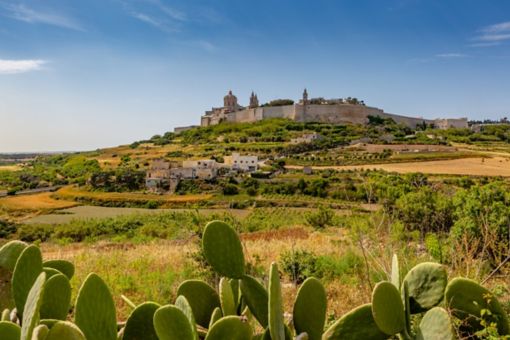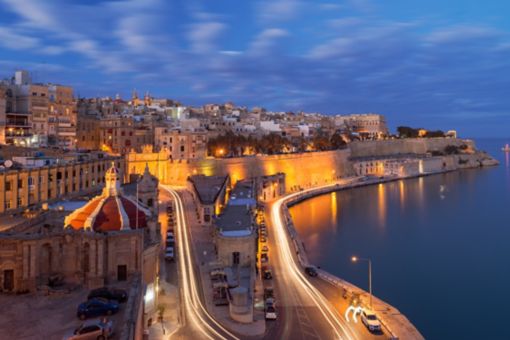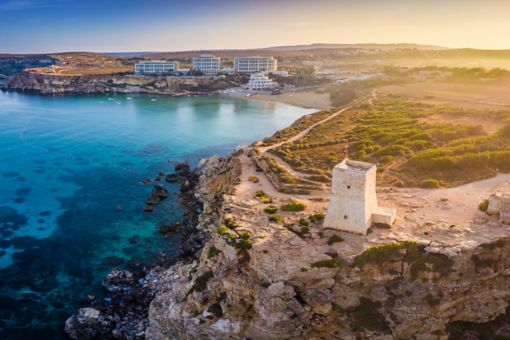
“Welcome to the KPMG in Malta Budget Highlights for 2024. Malta’s economy continues to grow, following last year’s 6.9% GDP growth with 4.4% in real terms in the first half of 2023 and this is forecast to continue with an expected further 4.2% GDP growth in 2024. This, despite a global economic slowdown, continued supply chain disruptions, monetary policy tightening and persistently high inflation which continue to constrain household purchasing power. Read on for more.”
Anthony Pace
Partner, Head of Tax
KPMG in Malta
Main Budget Highlights
COLA increase of €12.81 per week (€9.90 last year).
National minimum wage to increase to €213.54/week in 2024, inclusive of COLA.
The reduced duty rate of 2% for residential property located in Gozo will terminate in 2023.
Duty on the transfer of family businesses will be retained at 1.5%, instead of 2% or 5%.
The current imputation tax system will be retained.
Malta will not implement the 15% global minimum tax (known as BEPS Pillar 2) in 2024.
The cost for the issue of new single work permits of foreign workers will be higher than for a renewal.
A maximum tax credit of €500 on donations made by enterprises to certain NGOs.
Energy, fuel and grain prices will continue to be subsidised by government. 
Economic highlights
Malta’s deficit as a percentage of GDP is continuing to decline, from 5.7% in 2022 this is expected to close at 5.0% in 2023 and 4.5% in 2024. Malta’s debt to GDP ratio is expected to close at 52.8% for the year 2023 and forecast to continue to rise to 55.3% in 2024. Government reiterated their commitment to maintain the debt to GDP ration below the 60% threshold.
Tight labour market conditions persist and the unemployment rate stands at 2.7%, which is expected to be stable through 2024. Inflation is expected at 5.7% for 2023, however next year is expected to reduce to 3.7%. The Government announced that it plans to continue subsidising the increase in prices related to energy, fuel and grains for 2024, with subsidies expected to amount to €350 million in 2024.
The cost of living adjustment (COLA) for 2024 has been set at €12.81 per week. In addition, the national minimum wage will increase gradually, initially by €8 for 2024, and subsequently by a maximum of a further €10 by 2027. Taking into account the COLA of €12.81, the minimum wage as from 2024 will be €213.54 per week.

International tax
- Malta will make use of the option provided for in the EU Minimum Tax Directive, allowing it to defer the implementation of the Pillar 2 Rules in terms of which a minimum tax of 15% applies to multinational groups with revenues equal to or exceeding €750 million annually.
- The 3 components of the Pillar 2 Rules, being the Income Inclusion Rule, the Undertaxed Profit Rule and the Qualified Domestic Minimum Tax, will not be introduced in 2024 such that no top-up tax will be levied in Malta.
- Malta is developing measures and incentives, such as grants or refundable tax credits, which conform with EU and OECD regulations in order to safeguard Malta’s competitiveness on an international level.
- The current full imputation tax system will be retained.
Property
- The Gozo Property Scheme that provides for a reduced duty rate of 2%, instead of the standard 5%, on acquisitions by individuals of residential property located in Gozo will not be extended beyond 31 December 2023.
- The first €200,000 of the consideration of the sale of properties leased by the Housing Authority from private owners shall be exempt from income tax and duty.
- The duty exemption for first time buyers and the partial stamp duty refund to second time buyers will be extended for another year.
- Continuation of the existing property schemes providing for an exemption from income tax and duty on the first €750,000 of the higher of the value and consideration of the property insofar as the properties are located in a UCA or which had their construction completed at least 20 years before the date of the transfer and are vacant on the transfer date and have been so vacant for a period of 7 continuous years immediately preceding transfer date.
- The maximum grant to be paid under Private Rent Housing Benefit Scheme will be increased as follows:
- €4,200 for single and couples without children (€3,600 in 2023),
- €5,400 for families with one child (€4,800 in 2023),
- €6,000 for families with two or more children (€5,000 in 2023).
- VAT refunds (up to a maximum of €54,000 on the first €300,000) will continue to be granted on expenses incurred for the restoration and improvement of qualifying properties, with the terms of the scheme updated to address an anomaly under the current scheme wherein an individual receives less than a couple under same circumstances.
- Aid to restore properties of a certain character will be offered again in 2024 to incentivise the preservation of traditional heritage.
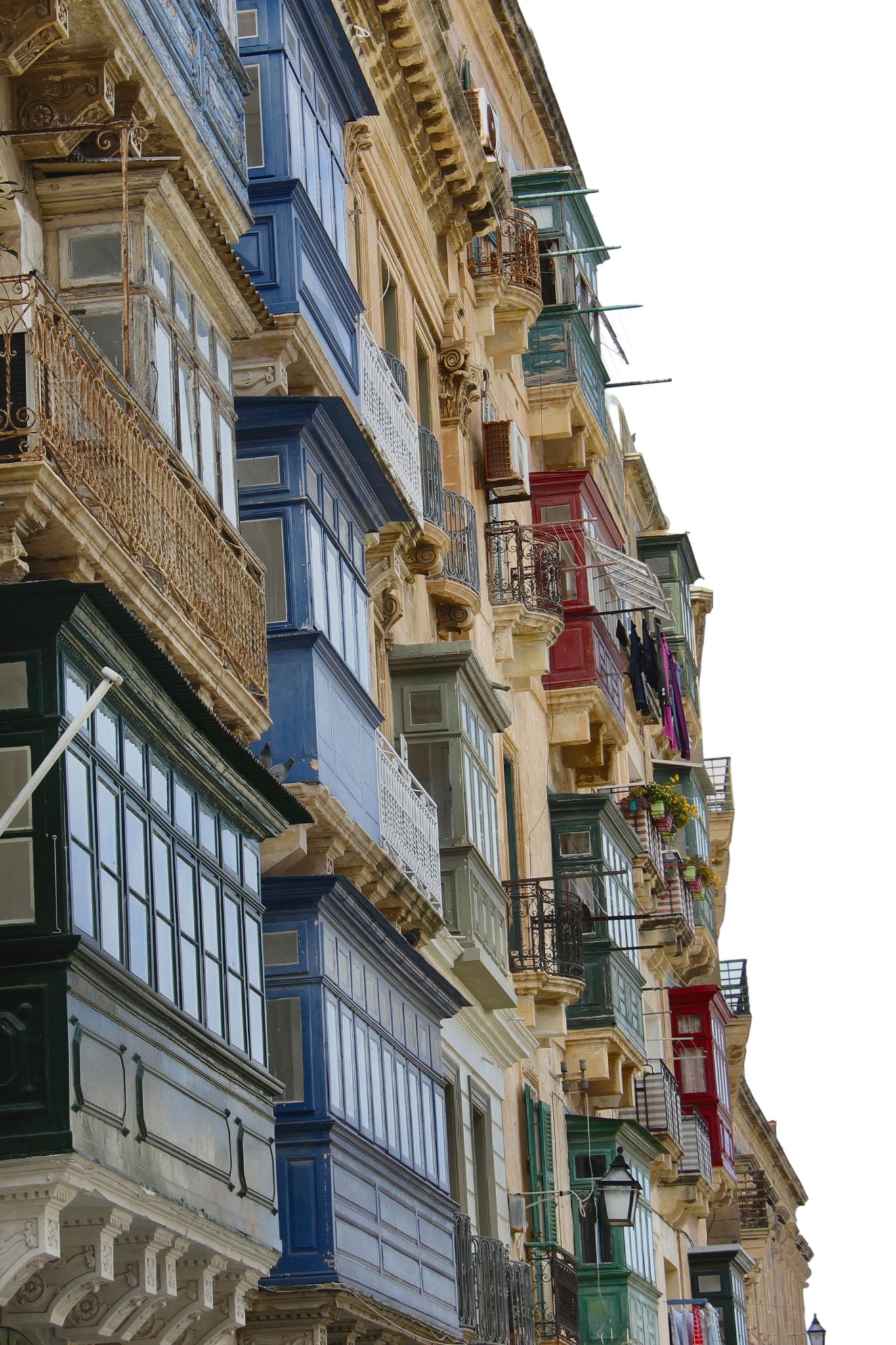
Businesses
- A maximum tax credit of €500 on donations made by enterprises to NGOs registered with the Commissioner for Voluntary Organisations operating in the social, environmental and animal welfare sector.
- A new Common Central Data Repository to be set up to facilitate the identification process of enterprises carrying out business in Malta to avoid duplicate requests by different regulatory bodies for the same information.
- Consultations are in progress with banks to ensure all traders have access to a basic bank account.
- Launch of a new Malta Business Registry portal to facilitate the filing of electronically signed documentation.
- Extension of the Seed Investment Scheme providing for tax credits to qualifying investors investing in start-up businesses.
- The iStartup Finance, the iSkills Development Scheme, the Rent Subsidy Scheme, the Innovate Scheme, the Smart & Sustainable Scheme and the Investment Aid for Energy Efficiency Projects will all be extended for another year.
- The scheme for SMEs to receive consultancy regarding ESG and increasing the sustainability of their operations will be extended.
- Malta Enterprise will be working towards the development of a Competence Centre in the semiconductors and microchips industry to attract investment and growth in the sector.
- Strengthening the regulatory framework of the gaming industry and continuing the implementation of the esports strategy.
- Regulatory changes are expected by the MFSA, including changes related to Notified Professional Investor Fund and Limited Partnerships.
- Duty on the transfers inter vivos of company shares and commercial tenements in intra-family donations continue being subject to a reduced rate of 1.5% on the real value.
- Family business registered with the Family Business Office benefit from a higher tax credit cap on their investment.
- Public consultations will be launched on incentivising investment in Real Estate Investment Trusts (REITs) and sustainable investment.
- Cash grants to continue to be provided to small and medium sized enterprises under the Business Enhance Scheme.
- Allocation of funds to facilitate access to bank finance by SMEs through lower interest rates and collateral requirements.

Health, pensions and the elderly
- The gradual tax exemption introduced in 2022 on pensions to individuals who are at least 61 years old in the year in which the pension is received, shall continue to apply. For 2024, the exempt portion is 60% (40% for 2023), subject to a prescribed cap.
- The increase in pensions is set at €15 per week (€780 per year), inclusive of the COLA.
- The mechanism to compute pensions to individuals born before 1962 will be aligned with the mechanism applicable to individuals born after 1962.
- Pensioners born prior to 1962 who, if still in employment, would earn a salary higher than their maximum pensionable income will receive an increase in their pension income, depending on the salary level.
- Widows’/widowers’ pension will no longer be taxable for individuals who have not attained 61 years of age. The beneficiaries will continue to be entitled to receive the pension income which would have been received by their spouse had they still been alive.
- An additional bonus (max. €1 per week) shall continue to be provided to pensioners in receipt of pension income as from 2009.
- The rates at which the pensions of persons who, once reaching pensionable age, postpone their right to receive a pension to continue working, will increase to 6.5% if the pension is postponed by 1 year, to 13.5% if postponed by 2 years, to 21% if postponed by 3 years and to 29% if postponed by 4 years.
- Persons with severe mental health conditions to benefit from invalidity pension if they paid a minimum of 50 social security contributions in their lifetime.
Family
- The tax credit covering qualifying therapy costs incurred by parents of children with special needs increased to €500 (previously €200) per annum for each child.
- The carers grant provided to unemployed parents assisting their children with special needs will increase by €487 per annum.
- Children's Allowance to be increased by €250 per child.
- The one-time bonus granted to families for each new-born or adopted child will be increased from €400 to €500 for the first child, and from €400 to €1,000 for each subsequent child.
- Carer allowances will increase by COLA in full.
- An allowance amounting to €500 per annum for parents whose child attends full-time post-secondary education and resides in their household. The allowance is granted for 3 years.

Labour-related measures
- Parents benefitting from the ‘In-Work Benefit’ will receive an additional €50 for each child below the age of 23 years.
- An extension for 2024 of the annual ‘In-Work Benefit’ of €150 to employees in sectors such as hospitality, transport, manufacturing, wholesale and retail who work nights, weekends and shifts and whose salary does not exceed €20,000 per annum.
Expatriates
- Efforts are being made to enhance the skillsets of foreign workers’ coming to work in Malta. Further the cost for the issue of new single work permits of new foreign workers relocating to Malta are expected to be increased.
- The rules providing fiscal incentives to attract highly qualified expatriates will be consolidated and updated to align with Malta's economic development.
Education
- Continuation of tax credits granted under the Get Qualified Scheme and the Higher Educational Qualifications Scheme for Masters and Doctorate students.
- Measures targeted towards incentivising education in artificial intelligence, namely Pathfinder and the AI Applied Research Grant, are planned to be renewed.
- The COLA increase will be reflected pro-rata in student stipends as well.

Research and development
- A new National Strategy for Research and Innovation in Malta will be launched.
- Participation in the Horizon Europe program will be widened. National STEM Community Fund to be enhanced.
Shipping, yachting and aviation
- There will be alignment in laws to ensure administrative simplification for companies having different obligations under the Companies Act and the Merchant Shipping Act. The audit requirement in terms of tax law for such small companies will be eased where this requirement does not exist under the aforementioned Acts.
- Changes will be made to the Merchant Shipping Act and a 20-year vision for the maritime industry will be laid out.
- A new superyacht policy will start being implemented.
- Currently the number of aircraft registered in Malta is around 856. The aviation industry will be further strengthened through additional investment, the implementation of a new aviation policy and the introduction of the Air Navigation Act.
- A new taxiway in order to accommodate larger aircraft for maintenance, repair and operations (MRO) services will be built.
- Malta aims to strengthen the aircraft leasing industry by introducing necessary legislative updates and creating a targeted framework to attract banks that offer specialised services.
- An Initial investment of €215 million will be made to capitalise the new national airline.

Agriculture and fishing
- Measures will be taken to strengthen the agricultural industry in Malta include assistance to young farmers to enable them to buy agricultural land and the elimination of the succession tax on agricultural land which is leased to or worked by professional farmers.
- Incentives will be introduced for operators within the fishing industry owning more than one vessel, to provide employment to young aspiring individuals.
- Financial aid will be provided to fishermen when acquiring their first vessel.
Sustainable energy
- Further investment to increase Malta’s energy generation capacity and distribution infrastructure. Additional emphasis will be placed on diversifying renewable energy sources.
- A Climate Action Authority will be set up to aid the transition to carbon neutrality by 2050.
- Schemes will be provided with the aim of encouraging investment in renewable energy sources, including the installation of PV panels.
- The water purification system scheme ‘Be Water Smart’, aimed at helping families adopt water purification systems and minimise the use of plastics, will be renewed.
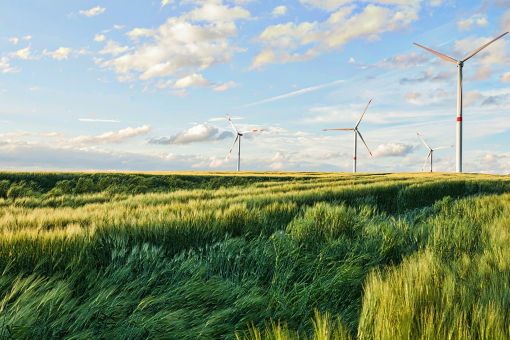
- Electric vehicle charging points to be increased to 1,200 from the current 372 charging points. Investment is being made towards the introduction of a national digital platform that amalgamates public charging points.
- Following consultations with stakeholders to reduce ‘rush hour’ traffic, plans are underway for certain services not to be provided before 9:00 a.m.
- Schemes incentivising the switch to environmentally friendly vehicles will be extended, including incentives for the purchase of electrical vehicles, electric bikes and pedelecs, the vehicle scrappage scheme, and the grant for vehicle conversion to LPG power.
- Financial assistance will be provided for the purchase of personal ekick scooters.
- Electric vehicles and plug-in hybrids with an electric range of not less than 50km will continue to benefit from an exemption from registration tax and an exemption from the annual road license fee for a period of 5 years from the date of first registration.
- Extension of aid for the installation of PV panels and environmentally-friendly systems on vehicles.
Sport
- The reduced income tax rate of 7.5% currently applicable to income derived by players, athletes and licensed coaches will be further extended to more persons employed in sport activities.
Other
- The Government plans to establish a Commercial Court with the aim of introducing the necessary framework to achieve judicial specialisation.
- The tax refunds for persons earning less than €60,000 will be issued again this year, with the refunds ranging from €60 to €140, depending upon the level of income.




